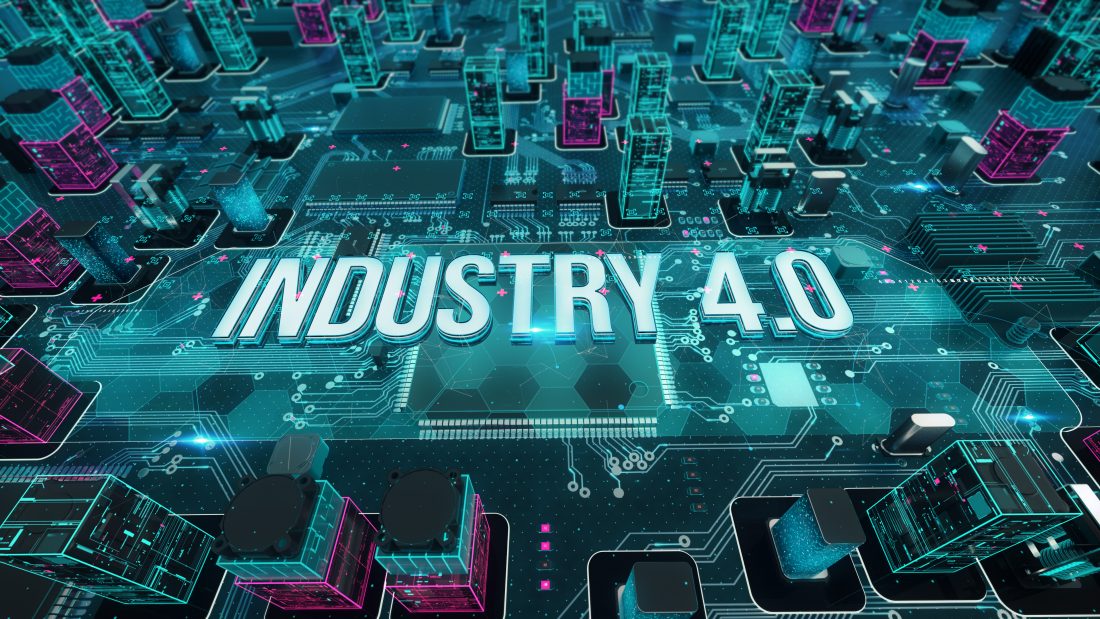


As the world changes and heads toward a digitised future, the process of documentation, collection and approval of personal identities too must change. The current identity management system is not only sluggish but also cost-intensive. Besides, proving one’s identity for any official purpose is often a lengthy process that requires an intense amount of paperwork.
We now have the means to disrupt how we manage and control identity. Through the implementation of blockchain technology, we can digitally streamline the process and reap the numerous benefits that come with it.
Self-sovereign digital identity on the blockchain is a groundbreaking promise that both governments and private entities are betting on. Even individuals are now more aware of how their data is used and how much control they have over it, which makes it crucial for the rigorous consideration and execution of solutions for self-sovereign digital identity management.
In this article, we explore both the advantages and disadvantages of self-sovereign digital identity.
Advantages
Increased privacy and security for Individuals
If we think about it, almost all the information about our personal, professional, and public life is out there somewhere on the internet. And to say the least, it is not safe. There have been multiple data thefts that are a testimony to how user data and identity remain at risk at all times.
Through the use of the distributed ledger technology blockchain, we can have actual control over our digital identity and data. We can exercise absolute discretion as to who we share our data with and what exactly we want to share. Due to the immutability and cryptographic security of blockchain, no company or hacker will be able to directly steal user data.
More ROI for businesses
At present, most businesses need to collect and create a repository of all their consumers’ data. It is a requirement for businesses at the moment, and it costs them huge sums to maintain and ensure the security of hundreds of thousands of people’s identity.
With the advent of self-sovereign digital identities, companies can eliminate the time and cost spent on recording each consumers’ data. A transparent, distributed ledger will already store the digital identities and consumers can directly share the required information at any given time. This will result in reduced friction in business processes and faster execution.
Revenue from personal data
Most people today do not realise the monetary value their data possesses. But we have certainly heard of companies that sell data of millions of users to third parties.
The implementation of self-sovereign digital identities will give control over data back to us individuals. We can then monetise our data by willingly selling it to only those companies we trust.
Disadvantages:
Issues due to lack of interoperability
At present, the lack of interoperability between blockchains and decentralized applications is a major hurdle for the wide acceptance of identity applications. It might force users to use multiple identity management applications if different merchants accept identities through different applications.
Blockchain proponents, however, are making continuous efforts to allow multiple blockchain-based applications to communicate with each other. Once they solve it, we can grow past this issue.
Self-dependence and added responsibility
The ability to own and control our data will also come with the responsibility to safeguard it. As of now, businesses recorded our data and spent manpower and money on it to secure it. And even with all that effort, they would sometimes inadvertently get hacked and lose our data.
When we own our data, we will be responsible for anything that happens to it. While blockchain delivers a high level of security to user data, we will also need to learn the best practices to keep our data safe.
Conclusion
Given the benefits they offer, we are sure to see a surge in self-sovereign digital identities on the blockchain in the near future. Both individuals and organisations have something to gain from it. However, there are also challenges that we first need to solve before mainstream adoption can happen.

Leave a Reply